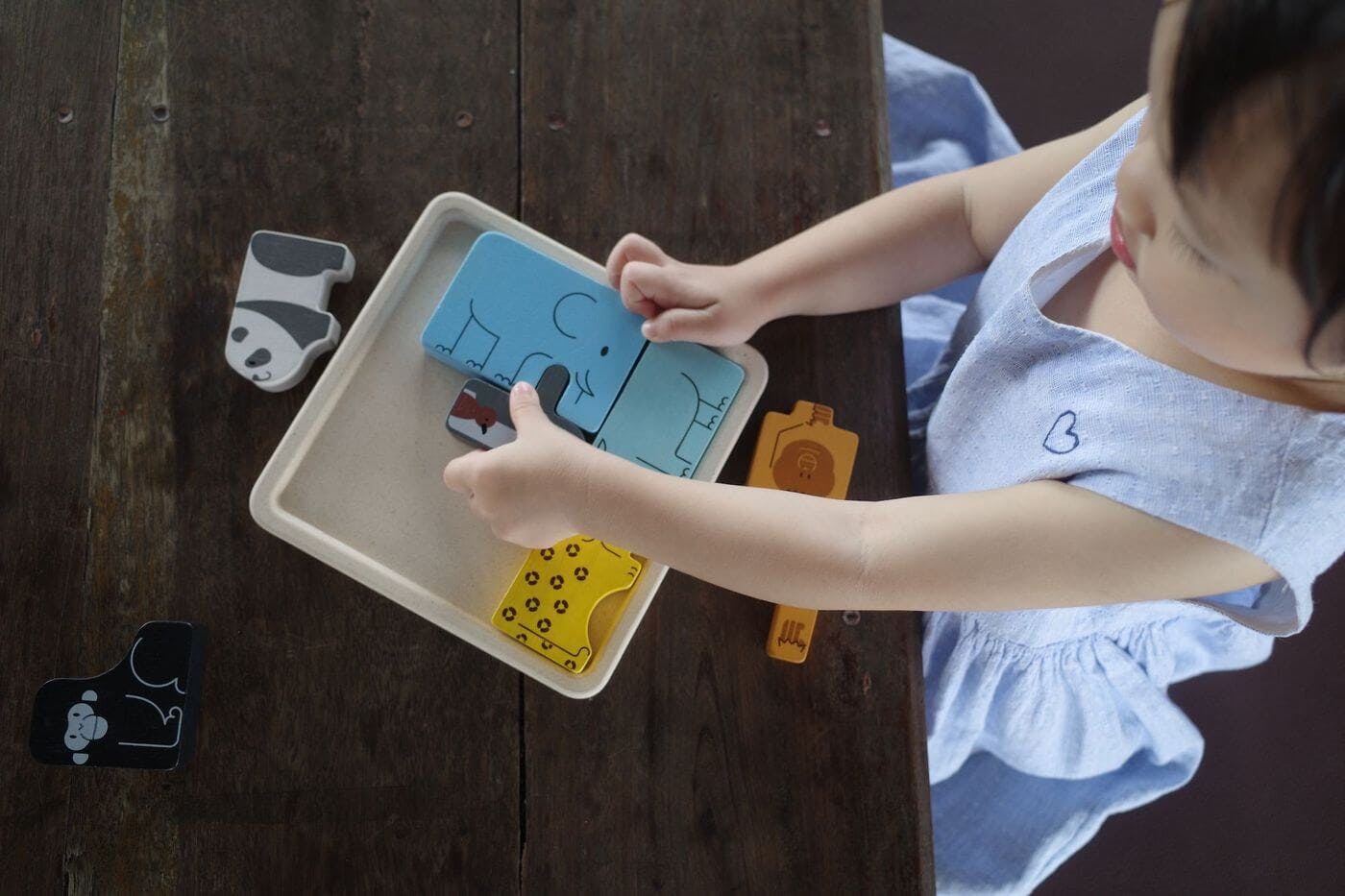
5 Phrases to Teach Your Child to Develop a Montessori Mindset
We know what you’re thinking…”I can really do that just by using five phrases?” That sounds like some kind of magic, doesn’t it? Although it’s not officially magic, the Montessori Method is pretty magical!
The good news for you as parents and caregivers is that although the training and the materials are important, the heart of the Montessori approach focuses on building “a child’s capacity to become a fulfilled and productive adult able to contribute to the world.” Shifting the way you communicate with your child and using key phrases are the true bases of helping them develop responsibility, self-awareness, perseverance, and problem-solving capabilities.
Below you will find five practical phrases you can use to help your child develop a Montessori mindset.
The goals of Montessori education
“You are making great progress.” Imagine how you might feel if your boss constantly interrupted you to tell you you were doing a good job or to keep up the good work. Not only would it likely be annoying, it would begin to lose its value over time.
In Montessori it is believed that the pride a child will develop naturally in their own work will be longer lasting and more meaningful than external rewards. For this reason, praise is used sparingly to acknowledge a child’s effort and perseverance. Focusing on the child’s process, rather than the product, will provide encouragement that will instill inner motivation.
Montessori education help me to do it myself
“That’s a great question, do you think you can work it out?”
When your child asks you a question, it may be almost second nature to quickly respond. Maria Montessori believed adults should never do for a child what they are capable of doing for themselves - and this includes thinking. Encouraging your child to find answers on their own will not only promote their problem-solving abilities, but will also develop their confidence in themselves.
Montessori principle
“What do you think about your work?” As adults, we are often our biggest critics. Perhaps this is because we were never given the opportunity to practice and become comfortable with analyzing our own work as a child. Montessori encourages you to provide those opportunities for your child as self-correction and self-assessment are integral parts of the Method. Through a process of self-discovery, children learn how to evaluate their own work, rather than looking to others for approval.
Montessori support
“Tell me a way that you would like me to help.” You may be thinking, wouldn’t it be easier to just do it for them? The short answer is absolutely, and it would be faster, too, but Maria Montessori emphasized the importance of refraining from providing extra help. In fact, she quotes a child speaking to his teacher asking her to “Help me to do it by myself.” It is important for children to accept new responsibilities and learn to ask for help when they need it. Encouraging your child to tell you how they would like your help continues to promote their independence and problem-solving abilities while offering them the assistance they’re seeking.
Montessori education summary
“It looks like you are really enjoying your work.” It is inevitable that your child will face adversity. During little moments at home when you see they may be tempted to give up, provide simple encouragement that focuses on their effort. Ask them to think about what they enjoyed about the activity and what lessons they’ve learned. This type of thinking will help your child develop perseverance that will be essential in overcoming bigger challenges in the future.
Continue reading: Why Montessori? 6 Benefits of Montessori Mobiles for Babies
References
American Montessori Society. (2022a). Benefits of Montessori education. https://amshq.org/Families/Why-Choose-Montessori/Benefits-of-Montessori
American Montessori Society. (2022b). Montessori at home. https://amshq.org/Families/Montessori-and-Your-Child/Montessori-at-Home
Association Montessori Internationale. (2022). The Montessori difference. https://montessori-ami.org/about-montessori
Montessori Academy. (2022). Five Montessori phrases to teach your child to develop a Montessori mindset. https://montessoriacademy.com.au/five-montessori-phrases-teach-child
Montessori, M. (2019). Citizen of the world: Key Montessori readings (Vol. 14). Montessori-Pierson Publishing Company.
Montessori, M. (2018). Education for a new world: Key Montessori readings (Vol. 5). Montessori-Pierson Publishing Company.
 Written by Heather White
Written by Heather White






